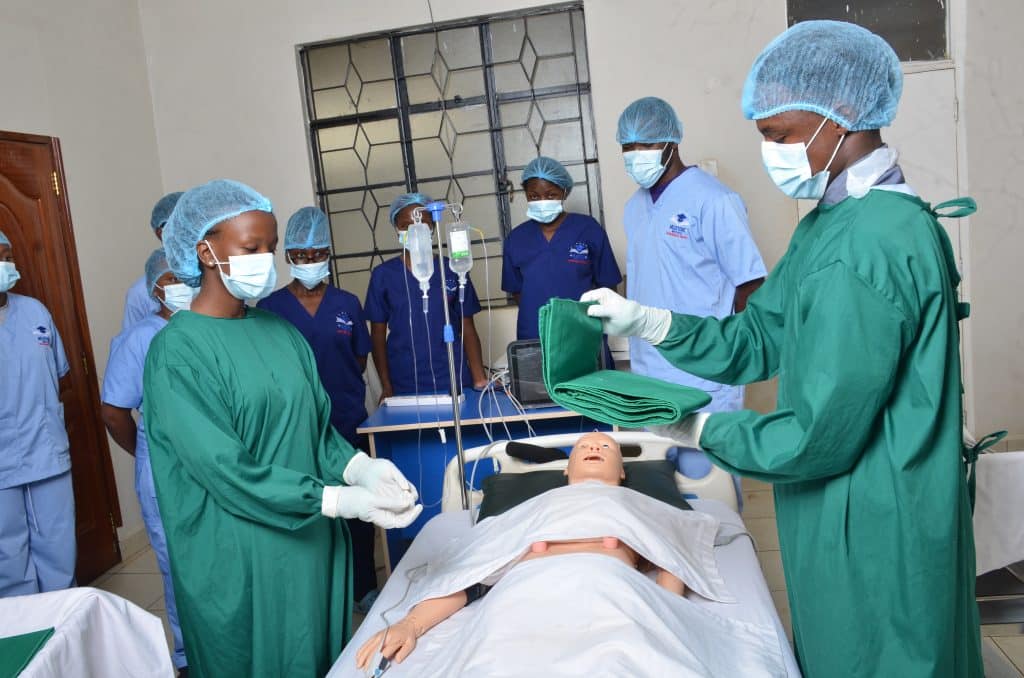
FACTORS TO CONSIDER WHEN CHOOSING A COLLEGE.
Sometimes, its hectic for both the guardian or student to make the correct decision on what tertiary institution to join especially if it involves enrolling in a private institution.
Being a leading institution in Kenya today, we not only want students to enroll into our programs, but also desire that every student gets the best quality education regardless if its from our institution or any other.
With this in mind, we compiled a small list of factors to consider before choosing a college to join especially in health sciences immediately after receiving your K.C.S.E results early next year.

1)- Accreditation: Ensure the college and its specific health science programs are accredited by the relevant national or regional bodies. Accreditation confirms that the program meets rigorous standards for quality and is often a prerequisite for professional licensure and certification. follow our website to confirm this
2)-Specialization and curriculum: Look for specific courses or concentrations that align with your career interests and pssion, such as public health, nutrition, or laboratory science. Check our course structure here
3)- Faculty expertise: Research the faculty’s qualifications, professional experience, and involvement in research. Experienced and well-regarded professors can offer valuable insights and connections in the field. If there is one thing Milestone institute delight in is quality and professional faculty and staff. Visit our social media pages to ascertain this here.
4)- Clinical rotations: In health sciences, hands-on experience is critical. Evaluate the college’s clinical rotation program, including the variety of specialties offered, the duration of rotations, and the quality of affiliated healthcare sites. At Milestone Institute, we ensure all our students have industrially placed for hands on skills.
5)- Practical training: The program should integrate theoretical knowledge with practical, real-world application. A strong emphasis on experiential learning is key to developing crucial skills for your career.
6)- Tuition and fees: Assess the overall cost of the program, including tuition, fees, and living expenses. A high-quality education is an investment, but it’s important to find a program that fits your budget. Quality must match with affordability
7)- Location: The college’s location can influence your clinical experience, access to hospitals and clinics, and overall well-being. Consider whether you prefer an urban setting with a large patient population or a rural area that serves underserved communities.
With this top seven guidelines, we guarantee you will make the best decision in choosing a suitable institution for your studies.

